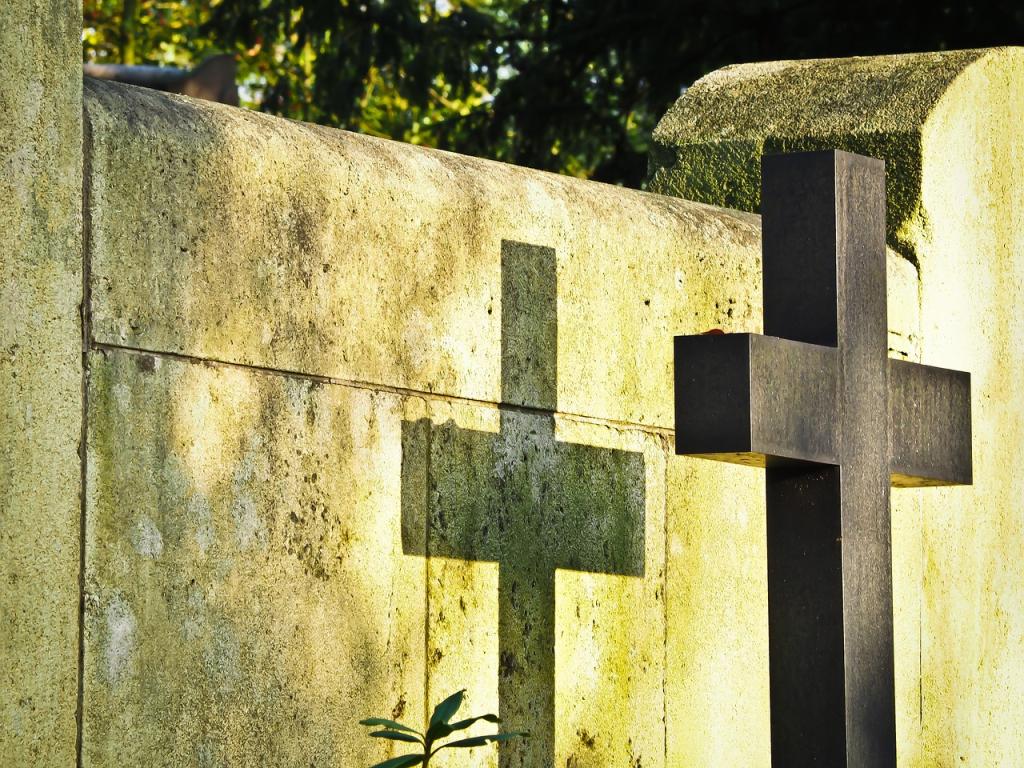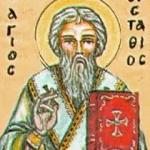In a figurative sense, I stand by gravesides most of the time I teach, write, and otherwise interpret the past with and for other people. Not just for social and cultural historian Beth Barton Schweiger, but for me and most others in our guild, “To write history, is… to make a relationship with the dead” (Confessing History, p. 61). We stand, like the poet Thomas Gray in his country church yard, where “all the air a solemn stillness holds” and the “rude forefathers of the hamlet sleep.”
Usually, Schweiger notes, these neighbors in the past are not people that we know personally. Charles Lindbergh, one of our ruder forefathers, shares a home state and a Swedish heritage with me, the most recent of his many biographers. But he died a year before I was born. Most of the subjects of my other books, though far closer to me spiritually than Lindbergh, are even more distant from my own time.
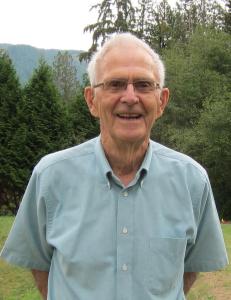
But in recent years I’ve had to speak a bit nearer to literal gravesides, about the lives of people with whom I already had relationships. In December 2015, I wrote about my friend Stacey Hunter Hecht, the day after she lost a year-long battle with breast cancer, then the following week I joined colleagues in speaking at the memorial service we held at Bethel. Two months later, I found myself eulogizing G.W. Carlson, at a memorial service that I later said came “as close as the Baptists would get to a state funeral.” Then this month I’ve written two more obituaries, for two more long-serving members of our department: political scientist Bill Johnson and historian Kevin Cragg, who spent a combined six decades at Bethel and died just days apart from each other.
(I added a longer, more personal reflection on Kevin last week at this blog.)
While my involvement in those four events had more to do departmental collegiality — and in the cases of GW, Kevin, and Stacey, deep friendship — than my professional training, such commemoration has fundamentally changed how I think about what it means to be a historian.
History as Tragedy
Most basically, writing about the dead has convinced me that, to a significant extent, history is tragedy. To study mortals is to study incomplete lives. So history is full of beginnings without endings: unfinished projects, unrealized aspirations, deeds undone and words unsaid. Every story we tell has been cut short.
But I think the historian’s emotions tend to be more complicated than simple sadness. Our stories are often driven by miscalculation and unintended consequences, hubris and hamartia. Whether those stories feature protagonists as saintly as Kevin Cragg or as sinful as Charles Lindbergh, we narrate them with some degree of regret and disappointment. Perhaps even futility, knowing that we can do what we do to the very best of our ability and still not change what has happened. (And perhaps not prevent it from happening again.)
Historical Thinking is Critical – and Celebratory
All this helps me understand why the disciplined study of the past tends to enhance critical thinking skills. Dealing as they do with inherently flawed subjects, students of history quickly learn to unearth hidden assumptions, to detect discrepancies and contradictions, to deconstruct truth-claims…
But we run the risk of acting like the critics ridiculed by novelist Irwin Shaw: “…made by their dislikes, not by their enthusiasms.” We can forget that to think critically is also to appreciate.
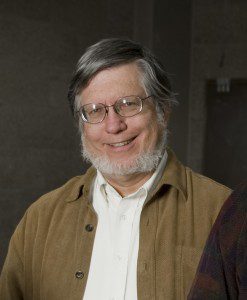
Not long after we said goodbye to GW, I read Laura Ortberg’s autobiographical reflection on growing up as the child of pastors serving evangelical megachurches. (Her parents are John and Nancy Ortberg.) Now, I don’t know what she would say now, after her father himself was forced to resign from his church over a scandal involving her brother. But in 2016, she penned an appreciation of the complicated ways that her religious upbringing shaped her, written from a temporal distance that lends critical perspective. The evangelical church “has failed,” she concluded, “but I love it. It made me who I am.”
“It has failed, but I love it,” could be a tag line for much of the institutional history that I’ve written about my place of employment. And it sums up what it felt like to eulogize some of Bethel’s finest professors. Like all of us, Stacey, GW, and Kevin fell short — and evaluated themselves more harshly than any historian ever would. But to revisit my memories of them was to love them again
I more deeply understood the worth of people made in God’s image, and admired what they had done in service of God, knowing that no such labor is truly in vain. Or, per Webster’s second definition of “appreciate”: I learned to be grateful for them.
And this, too, is what it means for historians to think critically.
History Builds Community
I didn’t mention it in my own writing about Kevin Cragg, but several of our colleagues recalled fondly his philosophy about something rarely viewed with fondness: faculty meetings. Even if there wasn’t much business to transact, Kevin always wanted to spend time together so that we could share stories. Indeed, as long as Kevin was in charge of our Christianity and Western Culture team, every year began with an almost ritualistic retelling of our intellectual autobiographies, sharing each other’s tales of discerning and living an academic calling.
Thinking again about that practice of Kevin’s made me think back to something my friend Mark Pattie, an Evangelical Covenant pastor, once told me about an especially difficult part of his vocation. Part of his preparation for any funeral service is simply to spend time with the family. He meets with them, he explained, not so much to console and counsel, but to be the listener whose questions invite mourning to turn to remembering. As family and friends share stories, Mark’s homily begins to take shape — and healing begins.
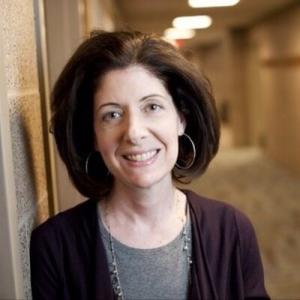
Hearing that from Mark — and then recalling Kevin’s insistence on storytelling — helped me crystallize one final takeaway from my experience of standing over graves:
Personal remembering can serve as a catalyst for collective remembering.
Doing something as simple as writing Kevin and Bill’s obituaries and sharing them on Facebook, building a digital timeline of GW’s nearly fifty years at Bethel, or marking the fifth anniversary of Stacey’s death last year all prompted faculty colleagues, former students, and others to share their own stories.
That certainly has implications for the role of historians within institutions. But even if we’re not writing or speaking about friends for friends, I think there’s a degree to which the work of history is meant to build communities — to help people who share a common present and future look back at their common, complicated past. And so historians help communities as small as colleges and as large as nations to grieve what’s incomplete and to lament what went awry, but also to appreciate that for which they should be grateful.
Or as the apostle Paul put it, more concisely:”Rejoice with those who rejoice, weep with those who weep.” (Rom 12:15)
Updated from a 2016 post originally published at The Pietist Schoolman
Update: this morning I looked out over one more graveside to write one more obituary… The former president of Bethel University (1982-2008), George Brushaber also served as founding editor of Christian Scholar’s Review and executive editor of Christianity Today. He died yesterday at age 82.


